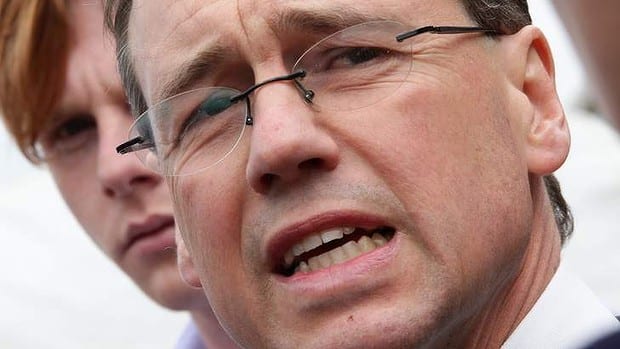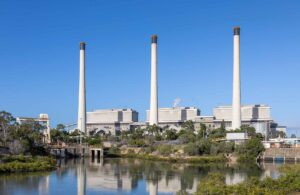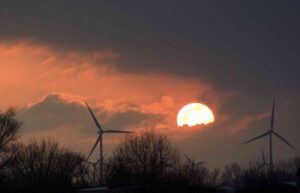Australia’s poor record on climate change action and energy market reform has been highlighted by two major global publications this week, bringing environment minister Greg Hunt under renewed pressure to defend his department’s policy.
The first, the latest rankings of the Yale environmental performance index – described by Hunt himself as “the most credible, scientifically based, hard data-based analysis in the world – shows Australia has dropped 10 places in its overall ranking on “protecting human health and ecosystems”, leaving it at 13 out of 180 countries examined (just below Saudi Arabia).
According to reports, where Australia lost most of its ground on the index was in the categories of electricity generation, where it is ranked at number 150 out of 180, and in climate.
This point has been seized upon by Opposition climate spokesman Mark Butler, who said in a statement on Thursday that the index downgrading showed that the Turnbull government was taking Australia backwards on climate change “at a shocking pace”.
Butler – who launched the first round of consultation on the Labor party’s 2030 emissions reduction target on Wednesday – also noted that while nearly every other country had improved its EPI score, Australia had turned up very close to the bottom of the pack on carbon trends.
“I think the rest of the world is waking up to the fact that although there’s a different person at the front of the government, the policies haven’t changed,” Butler told Fran Kelly in an ABC Radio interview.
“We have inadequate targets, we have a government that has no renewable energy policy beyond 2020, and we have a policy in Direct Action that’s actually seeing emissions rise again after having come down 8 per cent during our term in government, they will rise by 6 per cent between now and 2020 according to the government’s own official data.”
A second report, this time out of Oxford University, named Australian thermal coal mines as among the riskiest investments in the world – due to their heavy reliance on exporting coal; and its coal-fired power stations among the most vulnerable to environmental risks.
Lead author of the report, Ben Caldecott said the findings meant investors should be very cautious about supporting projects associated with thermal coal mines in Australia, such as Adani’s Carmichael mega-mine and the Shenhua Watermark mine.
On the risks facing coal-fired power utilities, the report named competition from renewables, along with lower electricity use and strong evidence of a “utility death spiral”.
“A large country with dispersed populations, plentiful sun and falling electricity demand spells the perfect storm for Australian utilities,” the report said.







